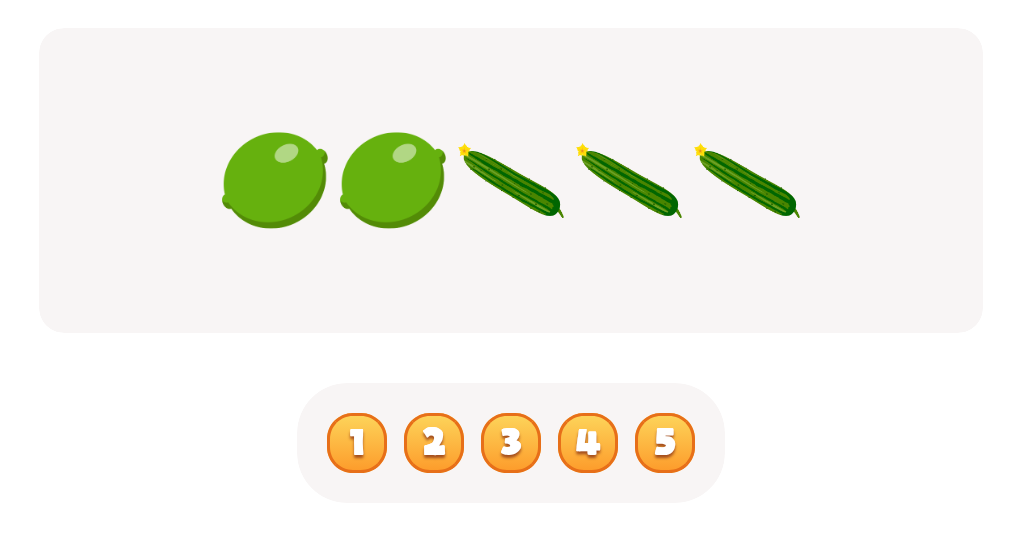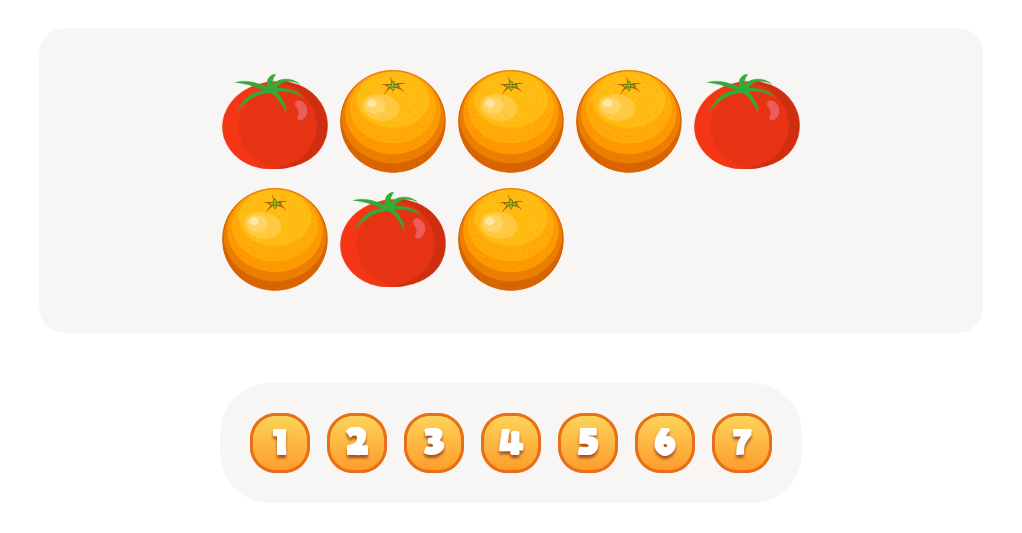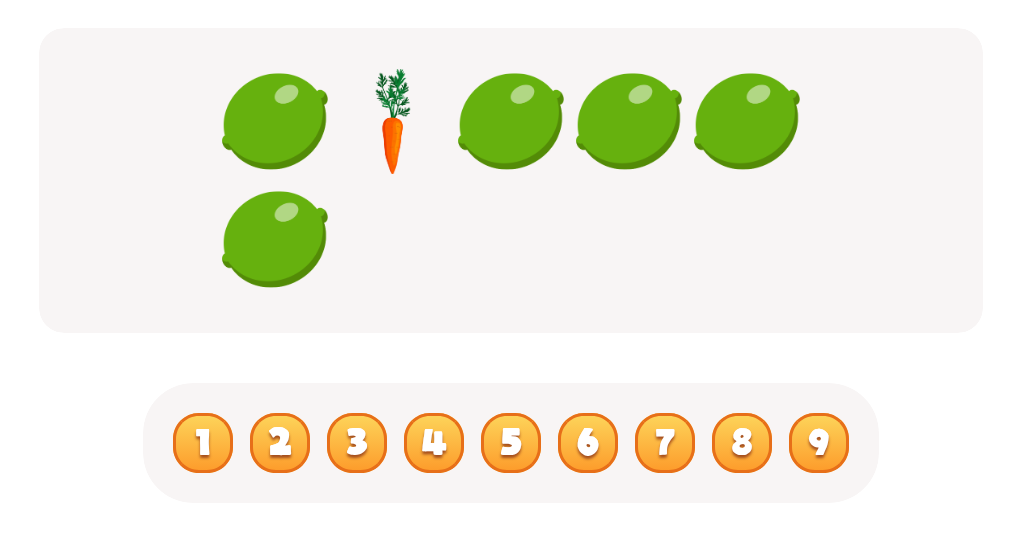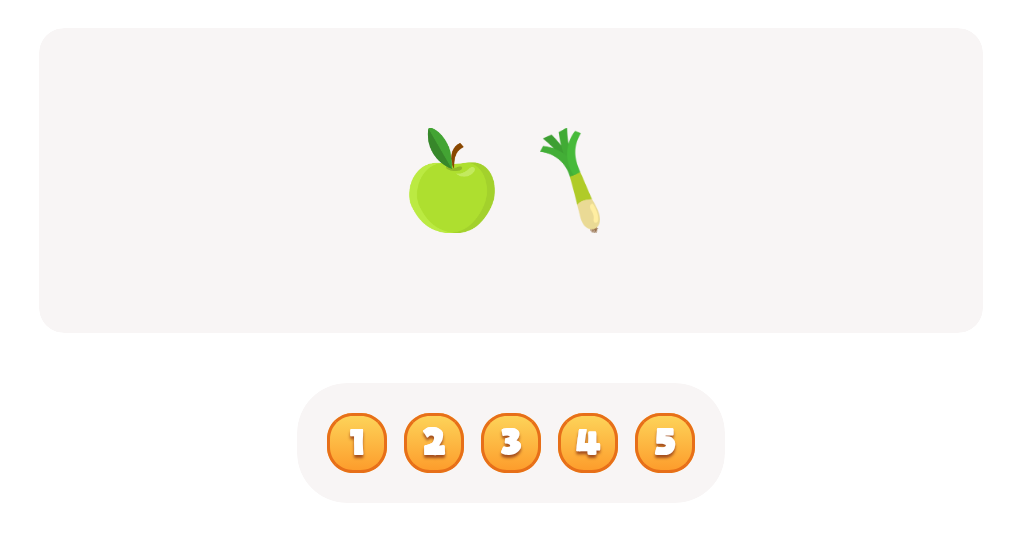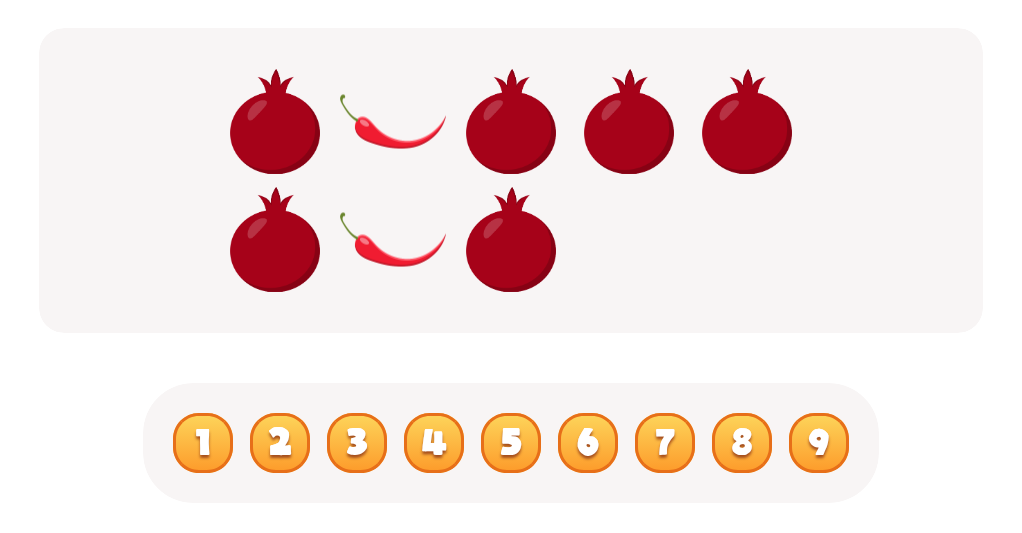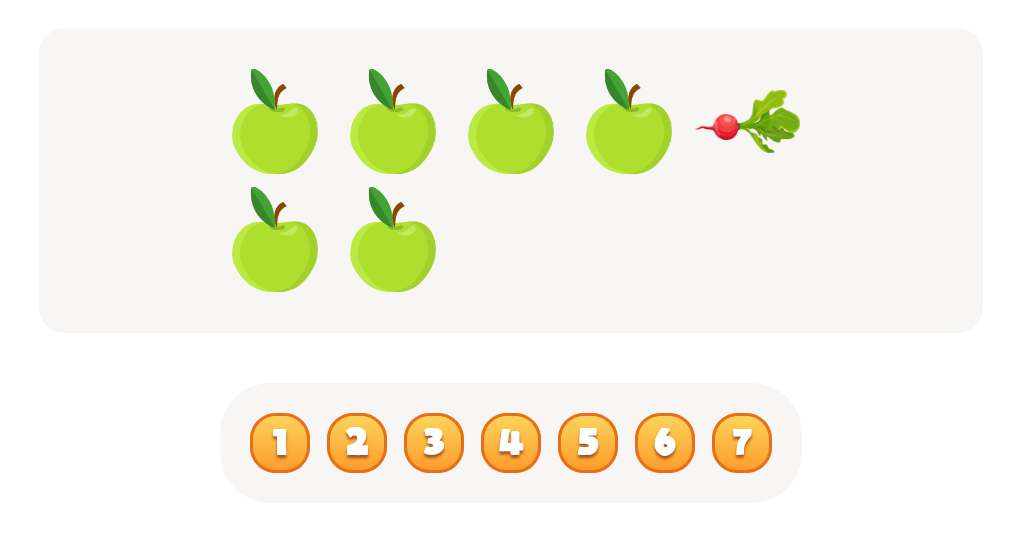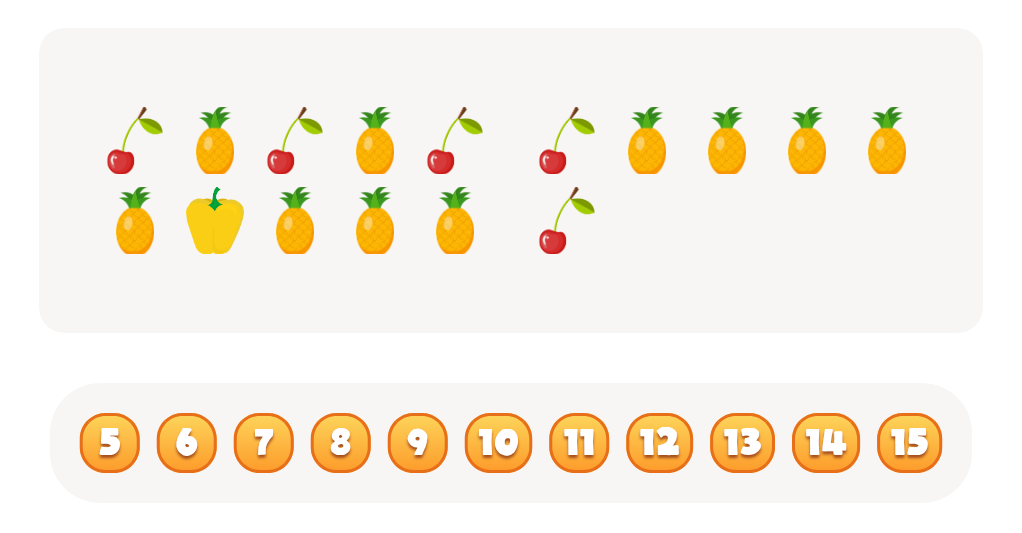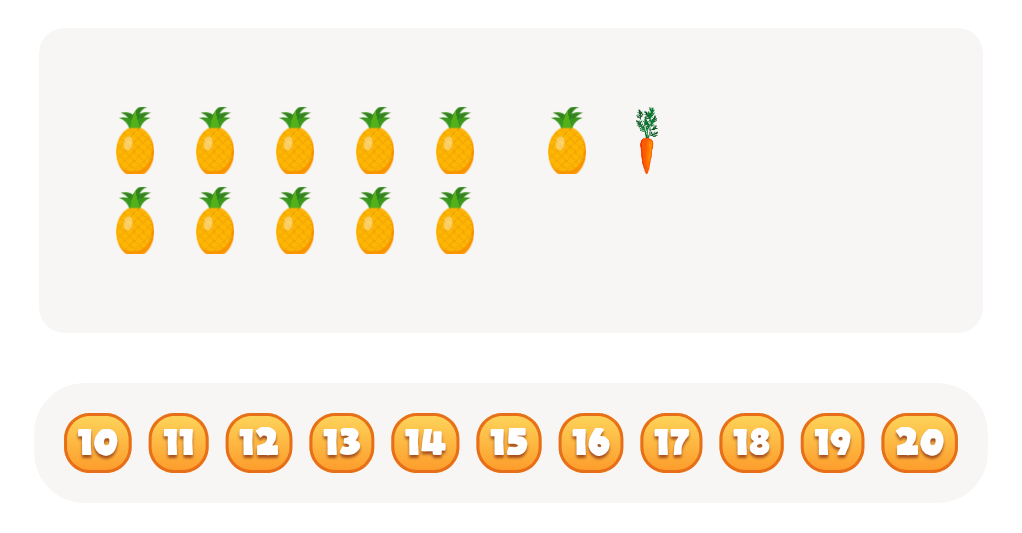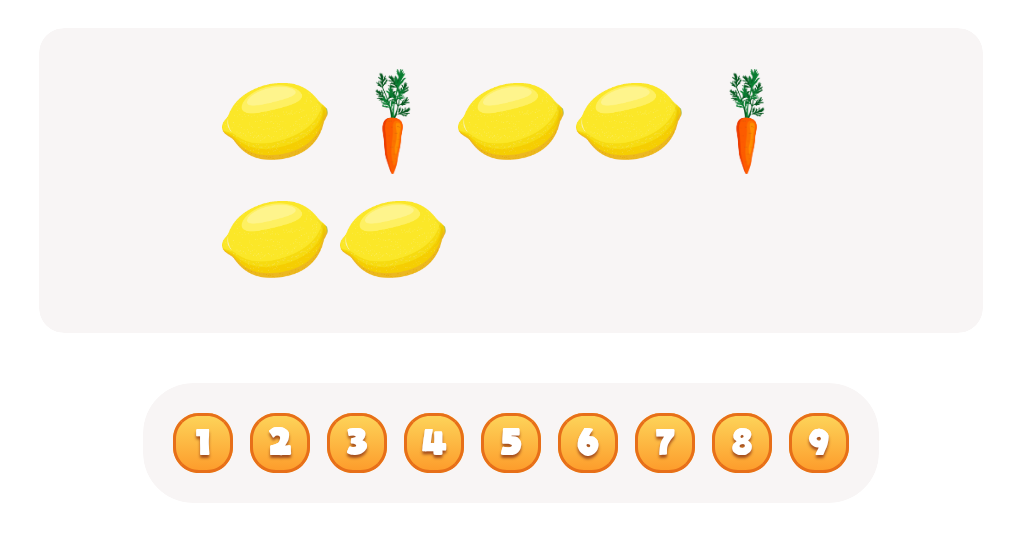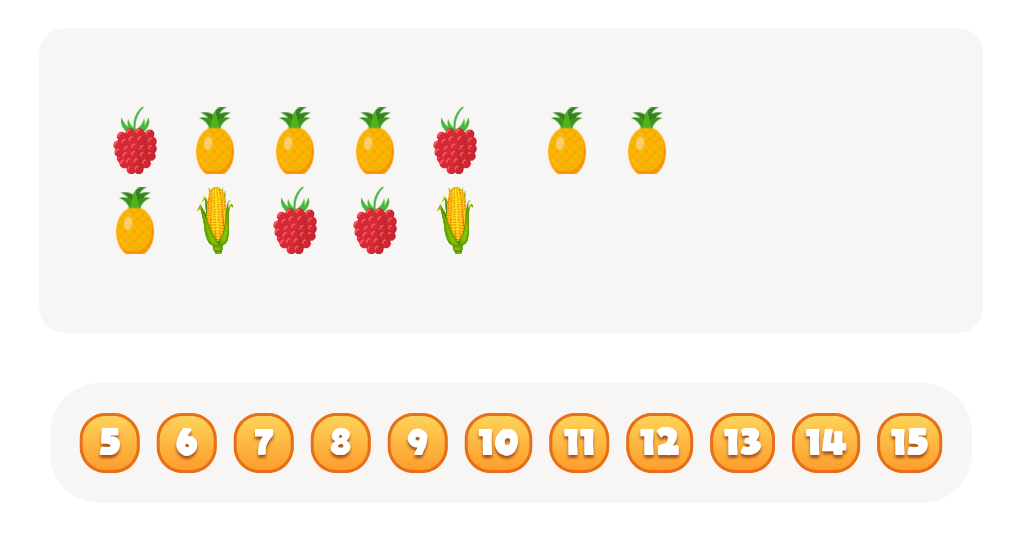Learning about ecosystems Plants and Animals Worksheets for Ages 4-9
4 filtered results
-
From - To
Explore the wonders of ecosystems with our engaging "Learning about Ecosystems: Plants and Animals" worksheets designed for children ages 4-9! These printable resources foster a love for nature and science, helping young learners understand the vital connections between plants, animals, and their environments. Each worksheet offers age-appropriate activities that encourage critical thinking and creativity, featuring colorful illustrations and interactive exercises. From identifying habitats to understanding food chains, these worksheets are perfect for both classroom settings and home schooling. Help your child discover the exciting world of ecosystems while developing essential skills in observation, classification, and inquiry with our fun, informative materials!


Pollinator Positions Worksheet
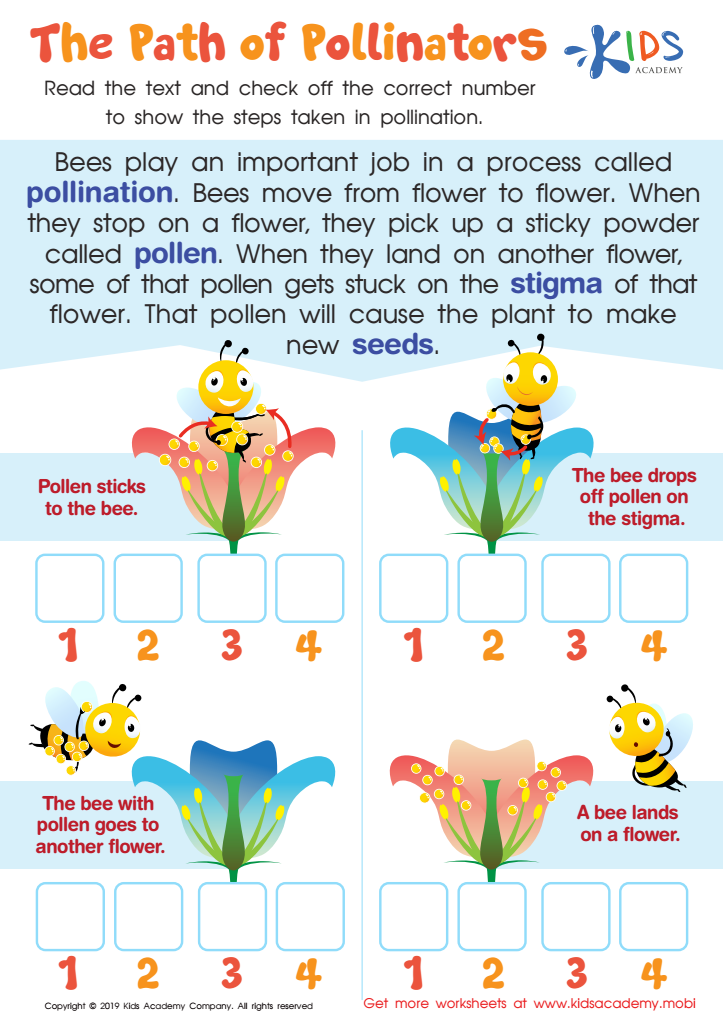

The Path of Pollinators Worksheet
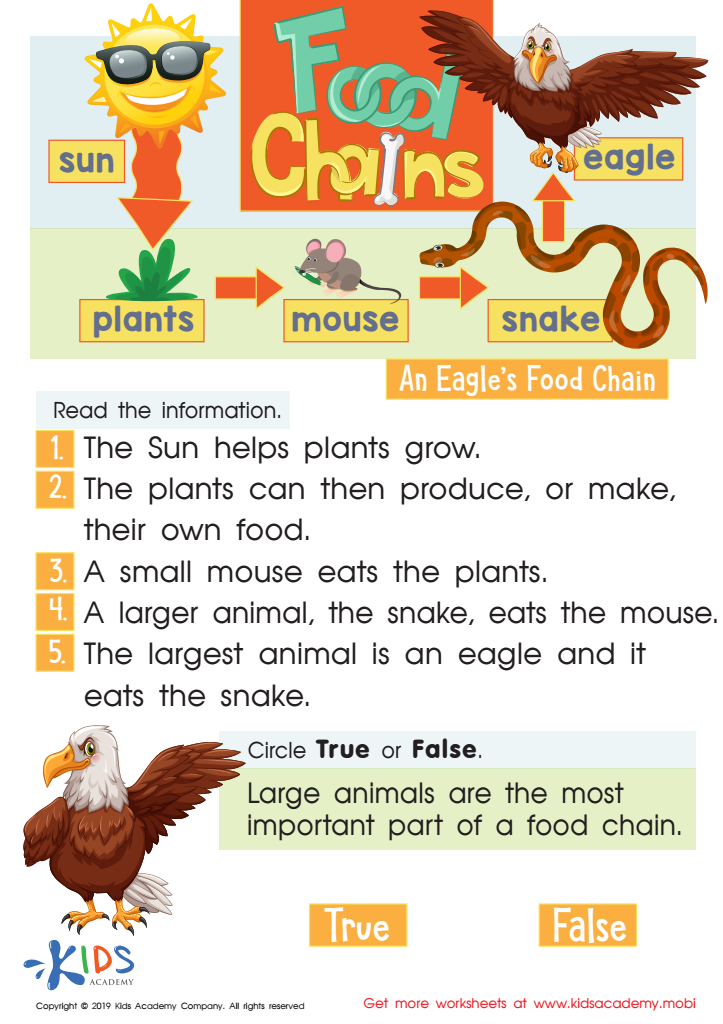

Food Chains Worksheet
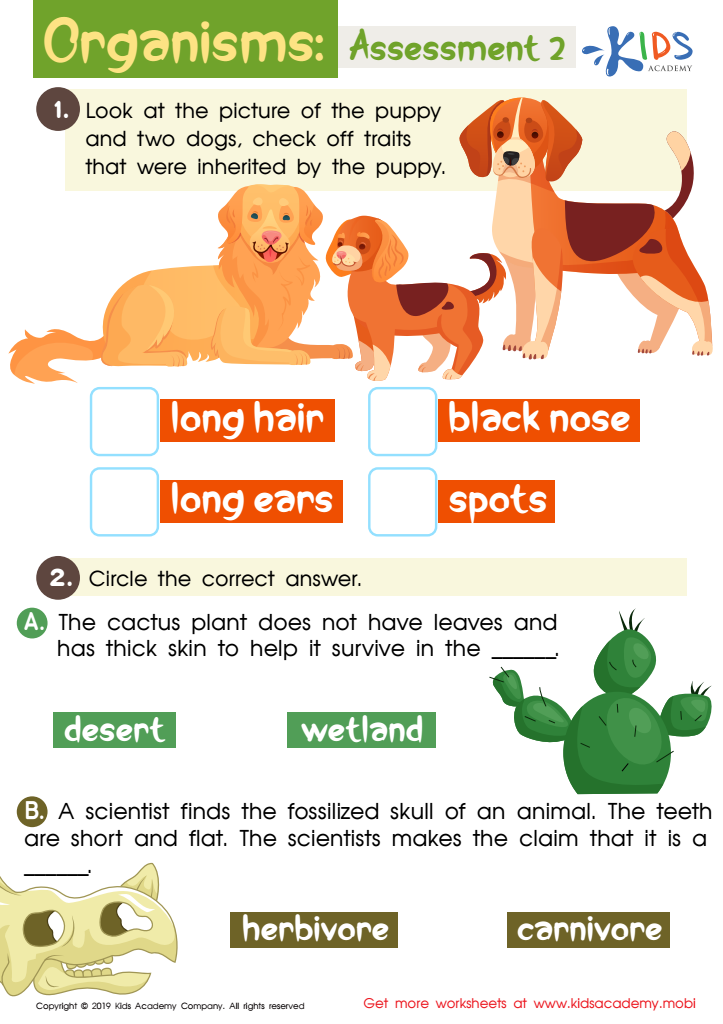

Organisms: Assessment 2 Worksheet
Understanding ecosystems, including plants and animals, is vital for children ages 4-9 as it lays the foundation for their relationship with the natural world and encourages environmental stewardship from an early age. First, learning about ecosystems fosters curiosity and critical thinking. Young children are innately curious, and exploring the interconnectedness of plants and animals allows them to ask questions and seek answers, promoting inquiry-based learning.
Secondly, knowledge of ecosystems encourages empathy and responsibility towards wildlife. Children who appreciate the roles of different organisms learn to respect and protect their environment, making them more considerate of their surroundings. This educational foundation nurtures environmentally conscious adults who can address ecological challenges in the future.
Moreover, teaching ecosystems aligns with various curriculum standards and enhances literacy, science, and social studies skills. It offers cross-disciplinary opportunities for hands-on, experiential learning through outdoor activities and projects.
Finally, engaging in discussions about ecosystems strengthens the bond between parents, teachers, and children, fostering a sense of community as they explore and learn together. By emphasizing ecosystems, we equip children with essential knowledge and values that are crucial for their personal development and future contributions to society.
 Assign to My Students
Assign to My Students
